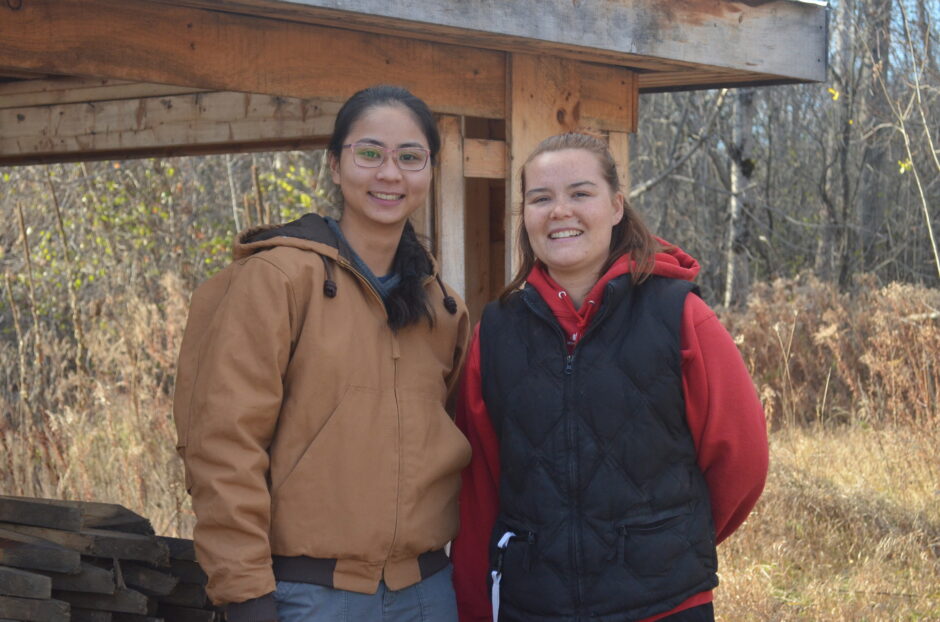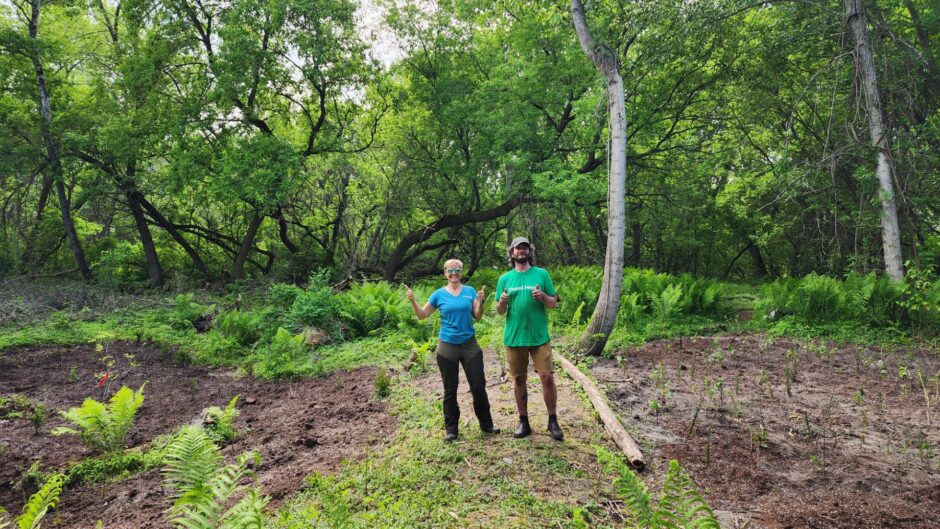Blanket emails on the smoking policy leave students frustrated

Smoking on the Algonquin campus is officially banned but some are still looking for the air to be cleared on what exactly the policy entails.
Beginning in October, Algonquin put into effect a smoking ban to have a clean air campus. This ban was a trial period until January but once that finished, the college made the decision to permanently enforce it. Now, anyone looking for a smoke break will have to find an area that is considered off campus.
This change initially received a considerable amount of attention and created some friction for students who disagreed with the ban. There has been both smokers and non-smoking students who have spoken out against the ban.
One complaint that has been shared has been the lack of clarity as far as the repercussions for being caught smoking on campus. Some have found that the emails don’t provide enough information as to what the punishment is.
Despite that, president Cheryl Jensen is happy with the overall result.
“I’m really quite proud of the smoke-free policy here, even though we’re going through some growing pains with it, and anything that’s new has issues as we change. But I really think five to 10 years down the road it’s not going to be a big deal that campuses are smoke free,” Jensen said at a recent media availability with journalism students, when asked about the ban.
She recalled spending funds on electronic air cleaners to purify the air when the college used to have indoor smoking. This changed to creating designated smoking areas in the college until they were moved outside. Now, they’ve changed the process for smokers again by entirely banning them following the legalization of marijuana.
The president states that the smoking ban was something they were considering before the legalization.
“Our mission is very strong to me to transfer hopes and dreams into lifelong success. I don’t see where smoking on campus fits in that,” Jensen said.
When asked about the punishment, the president said that she didn’t see it as the college punishing students. Currently, security is keeping a tally of how many students have to be asked to relocate but aren’t taking names.
She did explain that if a student gives security a hard time then they will resort to the student Code of Conduct. However, aside from mentions of suspension alongside fines, there isn’t a clear idea of how much these fines might be.
Jensen wasn’t able to answer how much these fines could cost a student either.
The school did find it in their funds to remove the smoking shelters which Jensen said meant no longer having to maintain them. She also added that other colleges and universities who’ve put this kind of ban into practice required less enforcement due to creating a culture of not smoking.
There is still the question of what students at Algonquin actually think of the ban. Business administration accounting student, Shannon Earl, expressed frustration with the ban, including her walk from T-building to the closest area she could smoke.
Earl also mentioned how the campus had a designated area for drinking but no longer one for smoking.
“Smoking a cigarette doesn’t impair your ability to reason and think and socialize,” Earl said, considering that students of age can be intoxicated in the college.
Earl also noted that there were students who wanted to petition for a designated smoking area again but were not organized enough just yet. Putting that conflict aside, Earl did say that the security officers have been fairly polite and straight forward unless you give them a hard time.
“If you’re rude to them they can report you and your case will be submitted to the board and you can get suspended,” Earl said, then later went on to add: “I talked to one guy and he’s like, ‘just be polite. If they’re being hard about it just butt out, don’t throw your cigarette on the ground. Just butt out and say I’m sorry,’”
Systems technician student, Devin Griffith, also said that he hadn’t had a negative experience with security. He even recalled being thanked for making the effort to smoke off campus.
He also agreed that his understanding of the policy and possible punishment wasn’t very clear with only the “blanket emails” to inform him.
Griffith also heard of another point that may have been overlooked, that is being raised by some students.
“There are people of aboriginal culture that are legally allowed to smoke in places with their ceremonial peace pipes because it’s part of their religion. So not allowing any smoking on any part of the campus could be seen as infringing on their indigenous rights for not allowing them to practice their religion on campus,” Griffith said.
Students’ Association president, Deijanelle Simon had been invited to the to the Smoking Policy Committee but backed out after the final decisions. To Simon, the Student Associations stands behind the students.
The Student Association is instead working on a policy of their own based off of student ideas.
“It essentially just states that: students are adults. We come here and we need to be treated with respect. Our rights need to be adhered to the same way as we would in real life. We felt that this smoking ban was parental,” Simon said.
Simon also offered support for any students who had questions or who have been ticketed from the ban.








